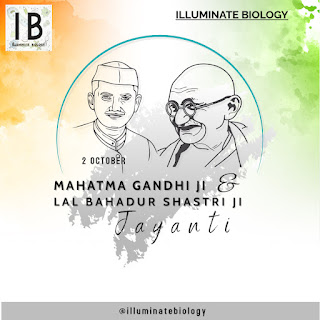Atomic Number & Isotopes

An informative short note on Concept of Atomic Mass & Isotope Atomic Number and Mass Atoms of each element contain a characteristic number of protons and electrons. The number of protons determines an element's atomic number and is used to distinguish one element from another. The number of neutrons is variable, resulting in isotopes, which are different forms of the same atom that vary only in the number of neutrons they possess. Together, the number of protons and the number of neutrons determine an element's mass number. Note that the small contribution of mass from electrons is disregarded in calculating the mass number. This approximation of mass can be used to easily calculate how many neutrons an element has by simply subtracting the number of protons from the mass number. Since an element's isotopes will have slightly different mass numbers, scientists also determine the atomic mass, which is the calculated mean of the mass number for its naturally occurri...
_1727968653593.jpg)


.jpeg)
.jpeg)
